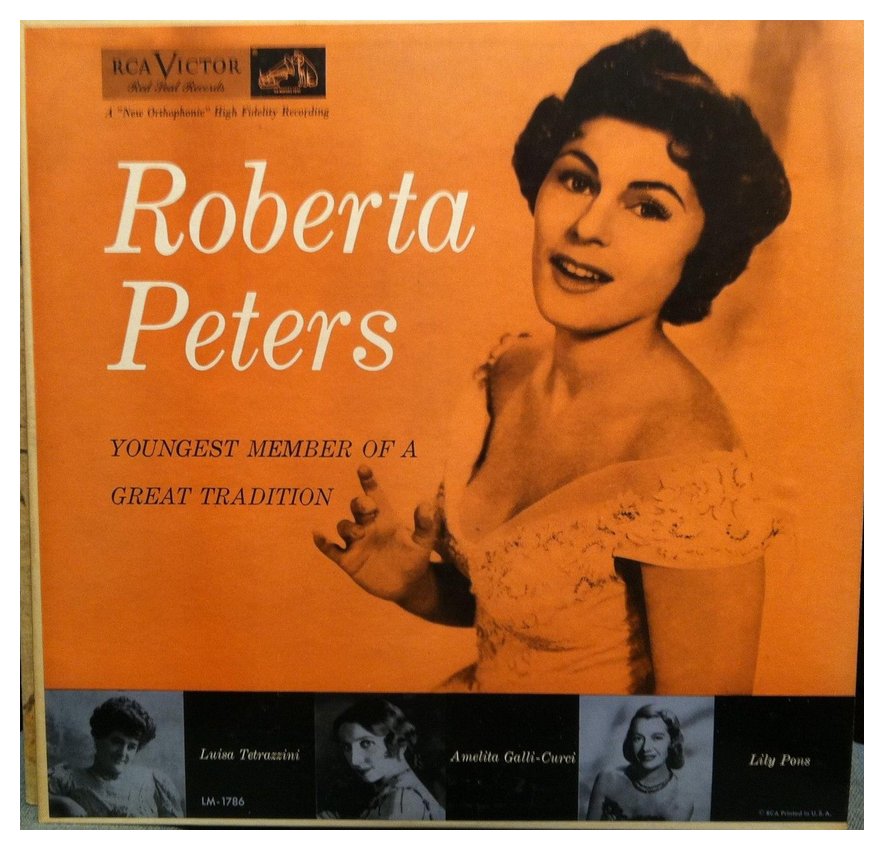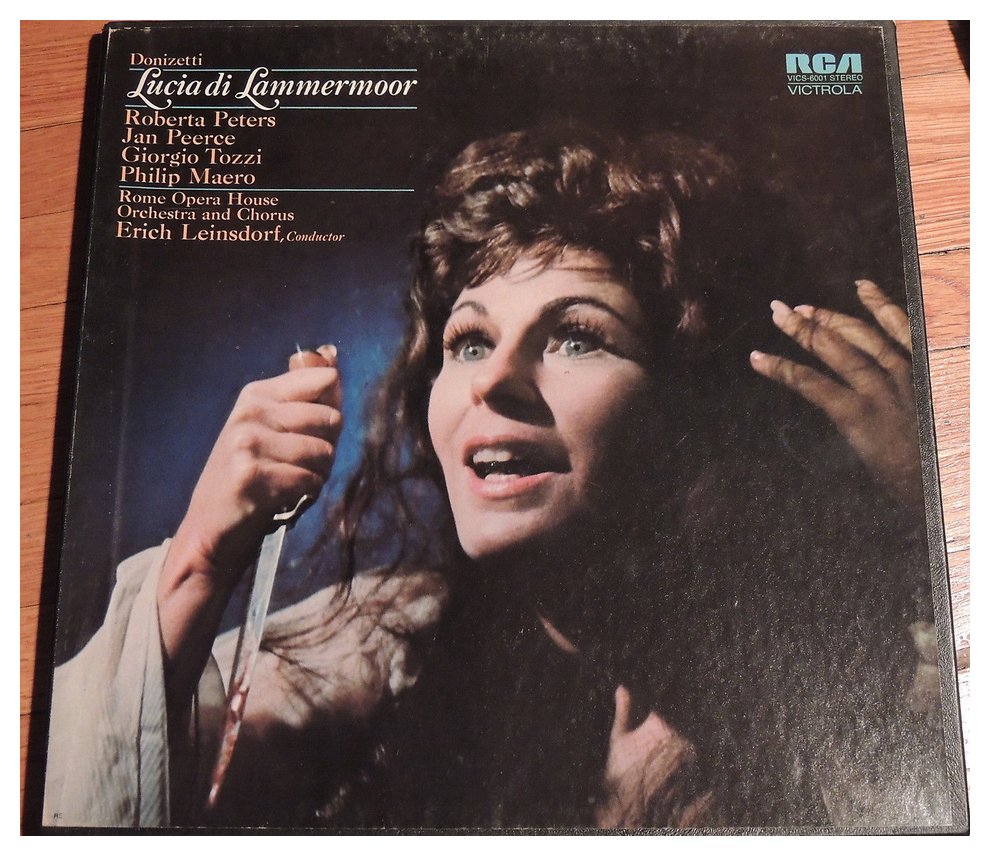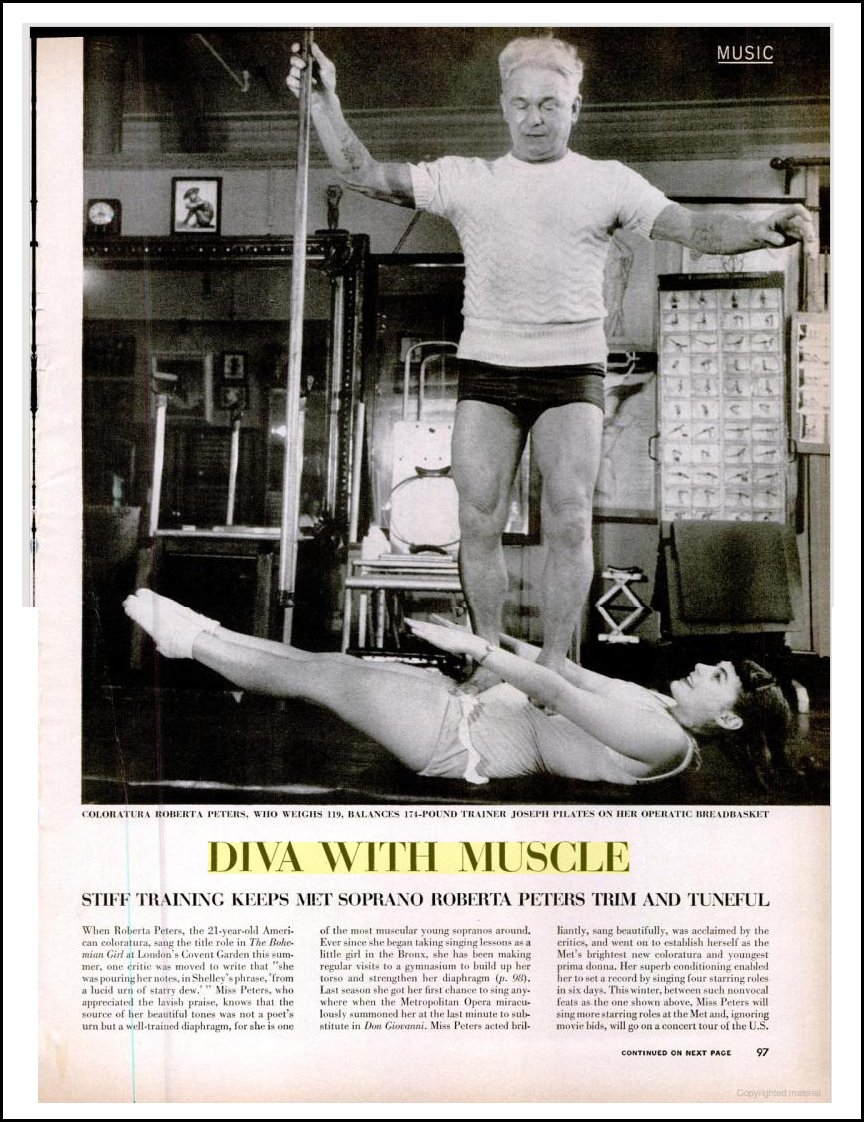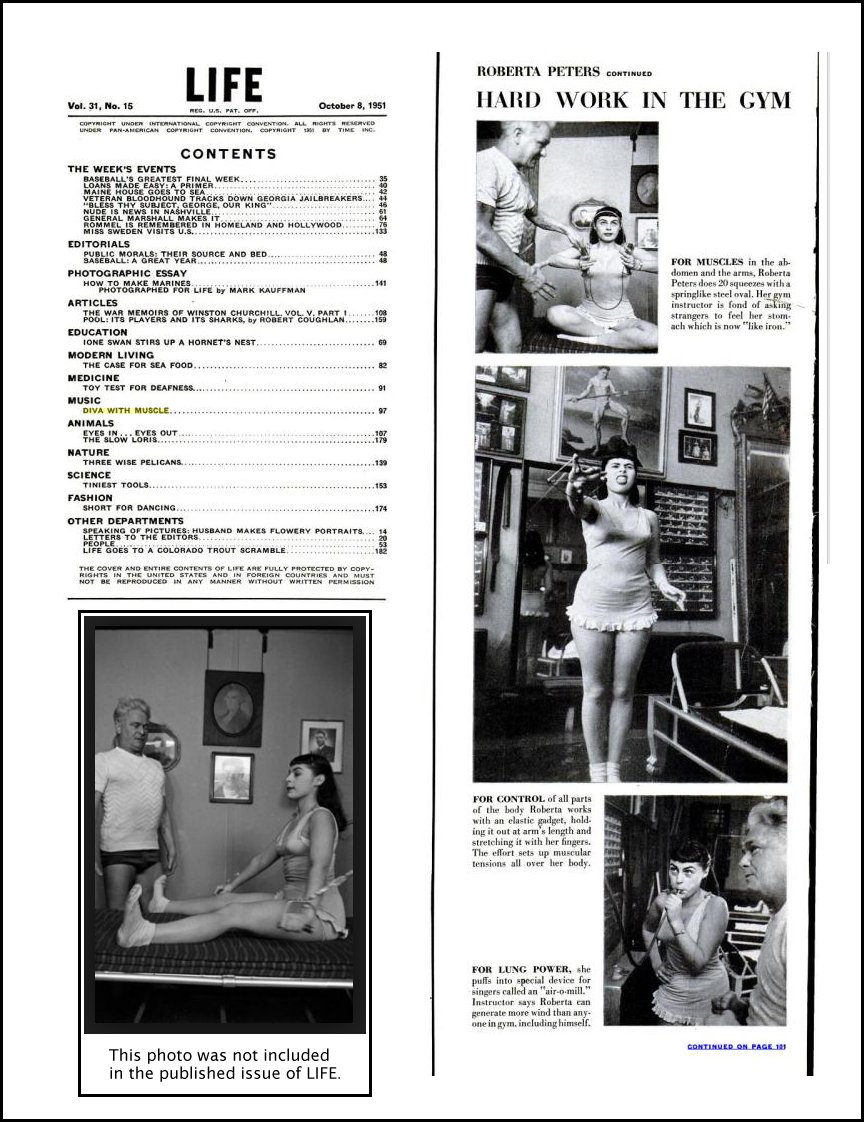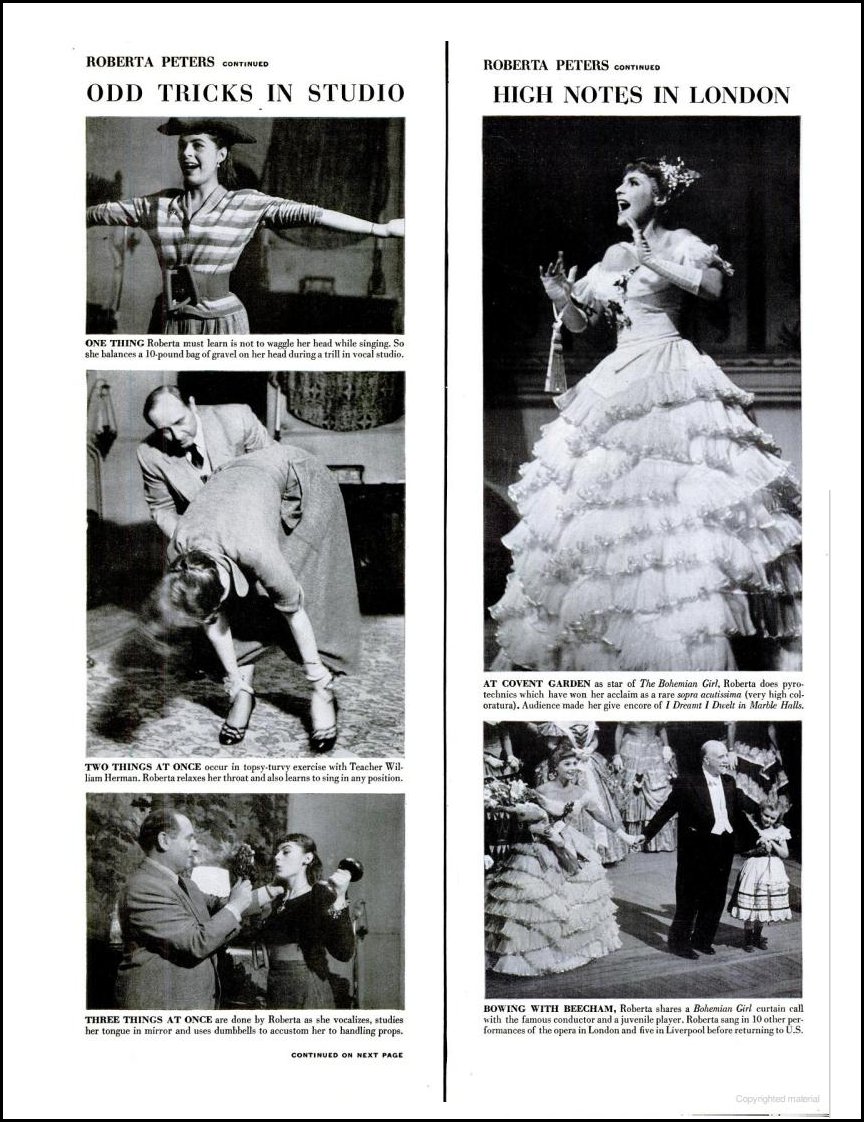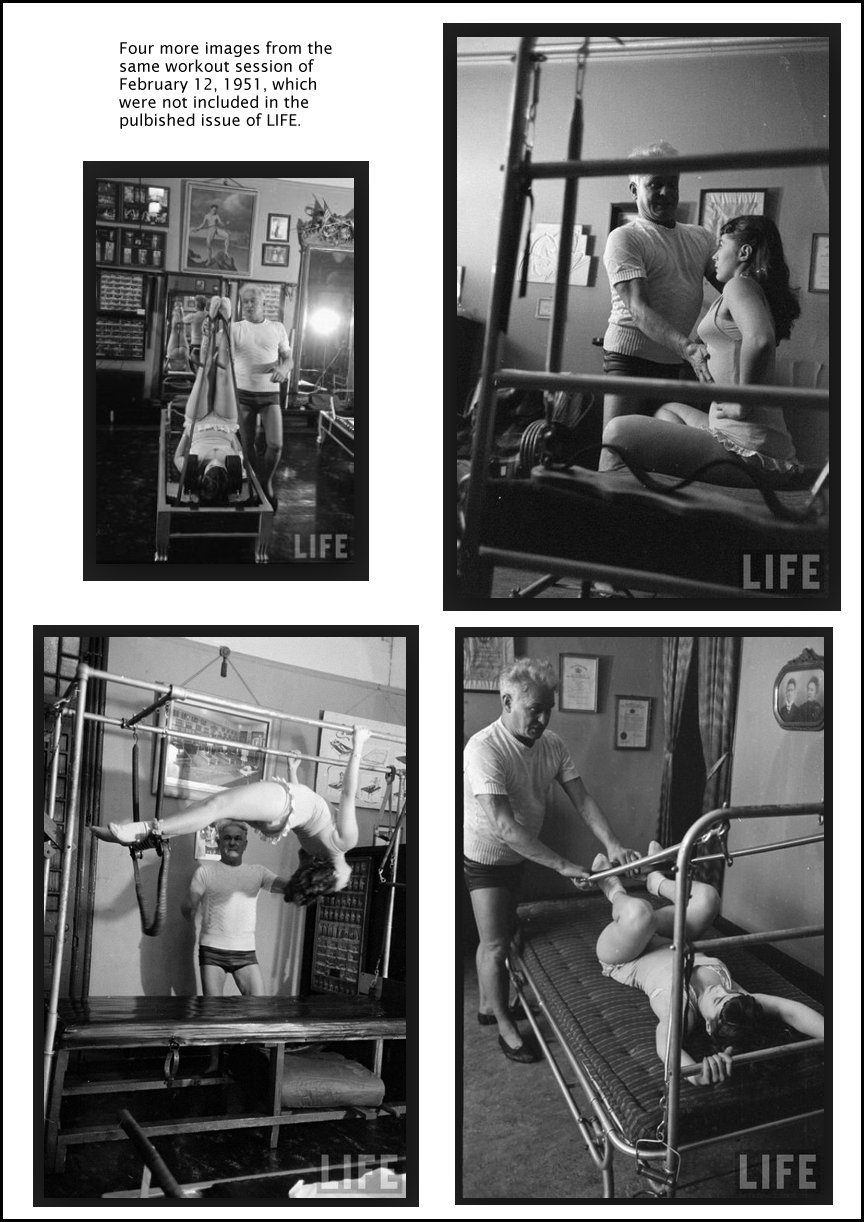Roberta Peters was born on May 4,
1930, in New York City. Despite their modest means, her parents, Ruth (Hirsch),
a milliner, and Sol Peterman, a shoe salesman, arranged the private tutoring
in language, piano, drama, and ballet that made possible their only child’s
remarkable career. In 1949, after hearing her audition in the studio of her
teacher, William Herman, the late renowned impresario Sol Hurok took Peters
under his wing, despite her youthful nineteen years and complete lack of
performing experience. Hurok arranged her audition for Rudolf Bing, then
general manager of the Metropolitan Opera, which led to a contract to appear
as the Queen of the Night in Mozart’s The
Magic Flute. As fate would have it, the young singer was called upon
several weeks earlier, on November 17, 1950—with just six hours’ notice—to
replace an indisposed colleague as Zerlina in Mozart’s Don Giovanni. Since then, Peters has
earned acclaim singing such coloratura “leading ladies” as Lucia in
Lucia di Lammermoor, Gilda in Rigoletto, and Rosina in The Barber of Seville, as well as roles
in other styles: Mozart’s Zerlina, Susanna, Despina, and Queen of the Night;
Richard Strauss’s Zerbinetta; Johann Strauss’s Adele; Donizetti’s Adina and
Norina; and Menotti’s Kitty, a role she created for the American premiere
of The Last Savage at the Metropolitan
Opera. She also added roles in romantic operas, including La Traviata and La Bohème, to her repertoire,
with much success. In fact, Peters has achieved the longest tenure of any
soprano in the history of the Metropolitan Opera. A performer in fifty-seven
Texaco radio broadcasts heard live from the Met, she also made an unprecedented
sixty-five appearances on the Ed Sullivan television show.
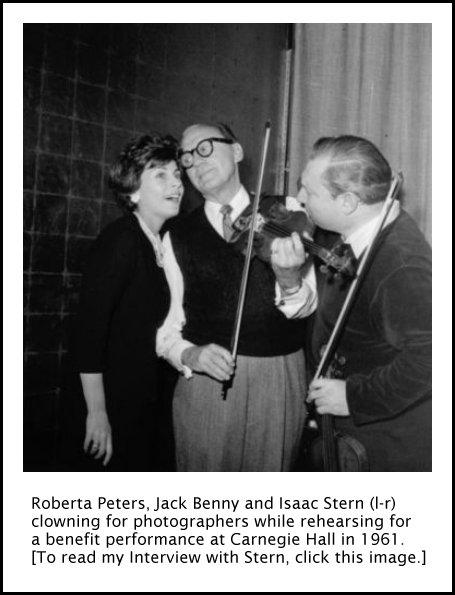 Beyond her success on American stages, the renowned singer has
performed in operas, concerts, and recitals with some of the world’s greatest
conductors and orchestras. Peters made her European debut as the Bohemian Girl under the direction of
Sir Thomas Beecham at London’s Covent Garden. Her performance as Queen of
the Night under the direction of Karl Böhm at the Salzburg Festival
won high praise, as did her appearances at the Kirov Theater in Leningrad
and the Bolshoi Theater in Moscow, where she became the first American-born
artist to receive the coveted Bolshoi Medal.
Beyond her success on American stages, the renowned singer has
performed in operas, concerts, and recitals with some of the world’s greatest
conductors and orchestras. Peters made her European debut as the Bohemian Girl under the direction of
Sir Thomas Beecham at London’s Covent Garden. Her performance as Queen of
the Night under the direction of Karl Böhm at the Salzburg Festival
won high praise, as did her appearances at the Kirov Theater in Leningrad
and the Bolshoi Theater in Moscow, where she became the first American-born
artist to receive the coveted Bolshoi Medal.
With varied repertoire ranging from baroque masterworks of Bach and Handel
through German lieder, French, Italian, Spanish, and English art songs, and
American folk songs, Peters has presented recitals and master classes throughout
the world. In 1979, she traveled to the People’s Republic of China. Tours
of Japan, Korea, Hong Kong, and Taiwan followed in 1987, 1988, and 1990.
Peters has also been a popular recitalist and master teacher on the American
college and university scene. Her successes there—and throughout the world—have
been acknowledged with the awarding of honorary doctorates from Lehigh, St.
John’s, Rhode Island and Richmond universities, as well as from Elmira, Westminster,
Colby, New Rochelle, and Ithaca (where she serves as honorary trustee) colleges.
While maintaining a schedule averaging forty concert appearances each year,
Roberta Peters also lent her efforts to a variety of social causes. She served
as chairwoman of the National Cystic Fibrosis Foundation for several years
and has appeared in concerts benefiting AIDS research. She has taken an active
role in efforts to promote government funding for the arts and serves on
the boards of the Metropolitan Opera Guild and the Carnegie Hall Corporation.
She is also an artistic advisor on the boards of the Kravis Center for the
Performing Arts and the Jupiter Theatre in Florida.
President John F. Kennedy first invited Peters to appear at the White House
and she has appeared to sing for every president since. In 1991 she was appointed
by President Bush to a five-year term on the National Council on the Arts.
President Clinton awarded Peters the 1998 National Medal of Arts, and two
years later, New York City Mayor Giuliani awarded her the Handel Medallion,
a tribute to individuals who have enriched the city’s cultural life. Roberta
Peters has made Israel and music of Jewish interest an important priority
in her life. Although she received no formal Jewish education, she learned
to speak Yiddish as a child from her grandmother, who spent most of the year
living with the Peterman family while her husband served as maitre d’ at Grossinger’s
Hotel in the Catskill Mountains, and with whom the young Roberta attended
an Orthodox synagogue. Yiddish folk songs have always been an integral part
of Peters’ many performances for synagogue audiences and other Jewish groups.
She has been a prominent spokesperson for many Jewish causes, including the
Hebrew University, where she established the Roberta Peters Scholarship Fund,
and Israel Bonds, and has served on the board of the Anti-Defamation League.
Peters has appeared often in Israel, performing to benefit her endowed scholarship,
and for soldiers in 1967, when she and her colleague Richard Tucker were
caught in Israel during the Six-Day War. In addition to performing contemporary
works by leading composers Aram Khatchaturian, Paul Creston, and Roy Harris,
Peters appeared in the 1973 Carnegie Hall premiere of Darius Milhaud’s Ani
Ma’amin (with libretto by Elie Wiesel) and in the 1982 premiere of Abraham
Kaplan’s Kedushah Symphony. In 1992 she received Bnai Brith’s Dor L’Dor Award,
the organization’s highest honor, and in 1997, the National Foundation of
Jewish Culture awarded her its Jewish Cultural Achievement Award in Performing
Arts for “her talent, her charm, and her commitment to the arts as well as
to the Jewish people.”
Although opera has played the defining role in her artistic life, Peters
has also performed in operetta, musical comedy and film. Early in her career
she played a feature role in the movie Tonight
We Sing (1953), and she returned to film to appear in City Hall in 1996. An avid tennis player,
Peters has also appeared in several celebrity tournaments.
-- Text from a biography by Marsha
Bryan Edelman on the Jewish Women's Archive website.
[Photos added for this website presentation.]
|
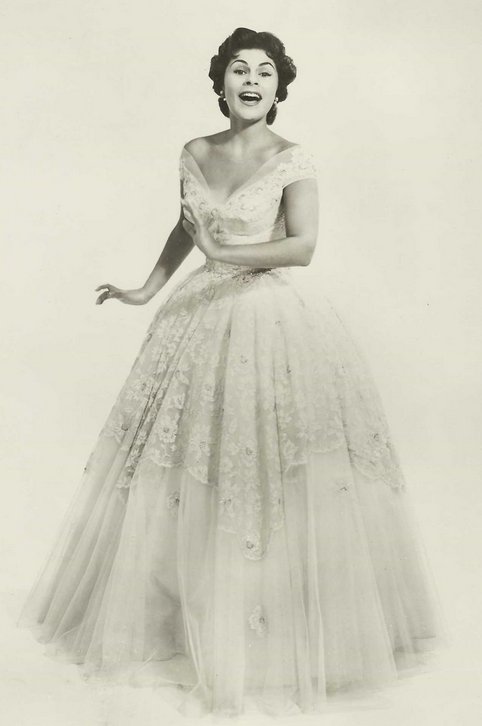

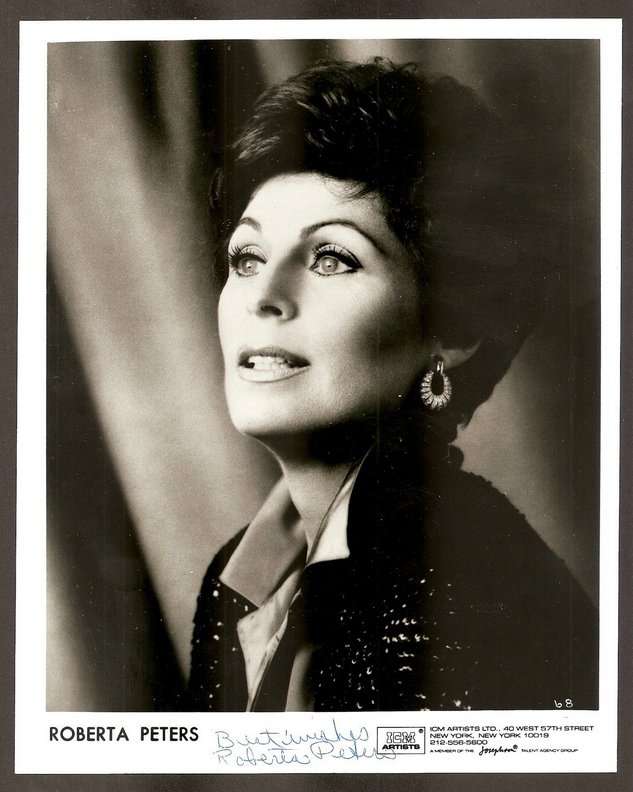 BD: How has opera changed in the last thirty years?
You made your debut in 1950...
BD: How has opera changed in the last thirty years?
You made your debut in 1950... 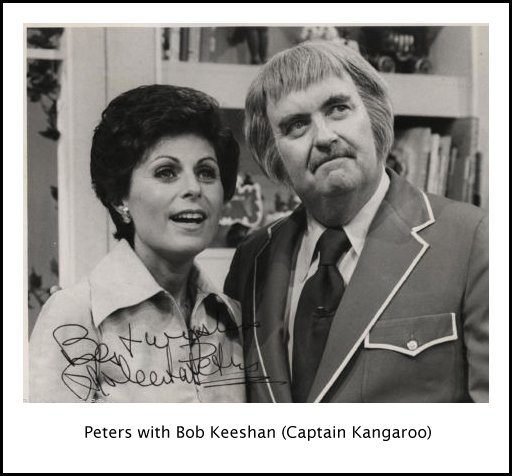 BD: And some go too fast.
BD: And some go too fast.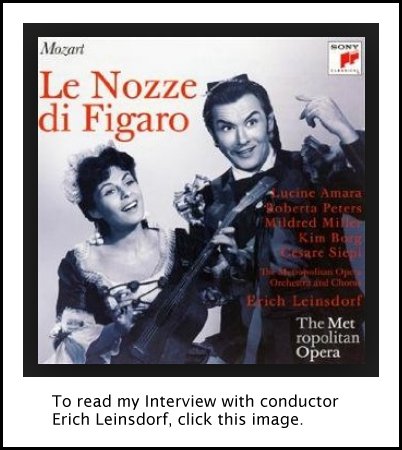 BD: As a singer, how do the different houses
affect your vocal performance, when you’re in a smaller house or a larger
house? Do you have different techniques, or do you just rely on the
technique you have and hope that you’re heard?
BD: As a singer, how do the different houses
affect your vocal performance, when you’re in a smaller house or a larger
house? Do you have different techniques, or do you just rely on the
technique you have and hope that you’re heard?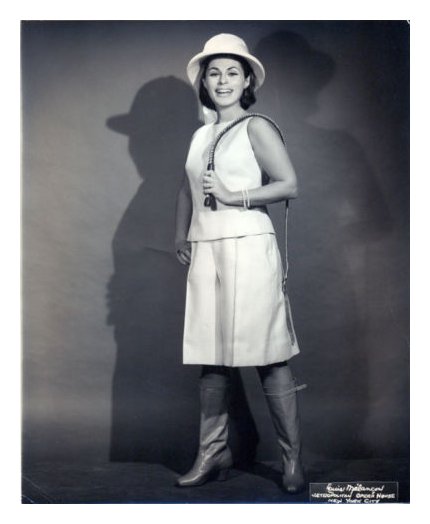 BD: Do you enjoy modern operas?
BD: Do you enjoy modern operas?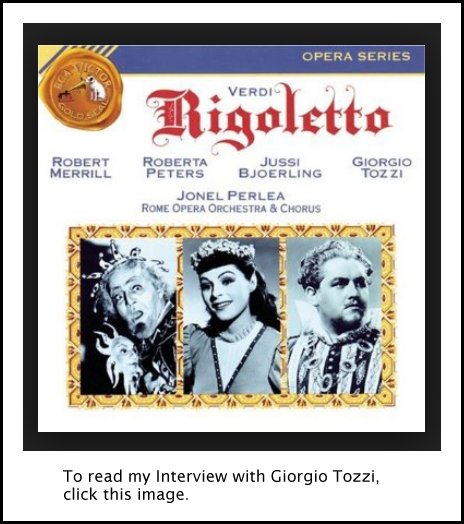 BD: Do you enjoy making recordings?
BD: Do you enjoy making recordings?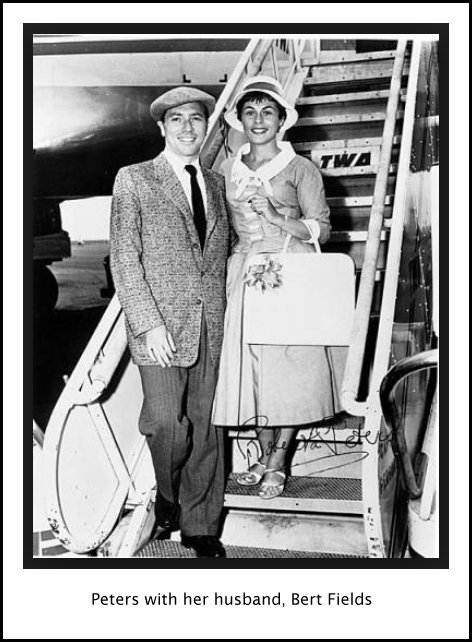 RP: Well, the orchestra had not really read much
of my music before. They were wonderful, really. They had great patience,
and that was very important. But the conductor, too, hadn’t done this
music that much. So I had to tell him how I do it. He was very
much with me, which is nice.
RP: Well, the orchestra had not really read much
of my music before. They were wonderful, really. They had great patience,
and that was very important. But the conductor, too, hadn’t done this
music that much. So I had to tell him how I do it. He was very
much with me, which is nice. 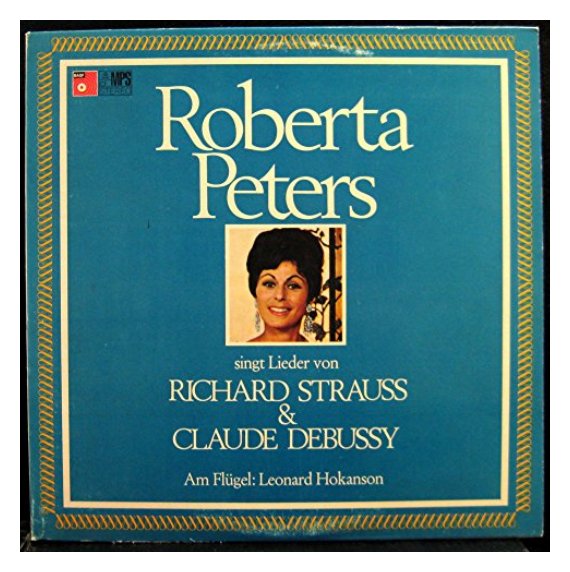 BD: But most of those are songs rather than arias?
BD: But most of those are songs rather than arias?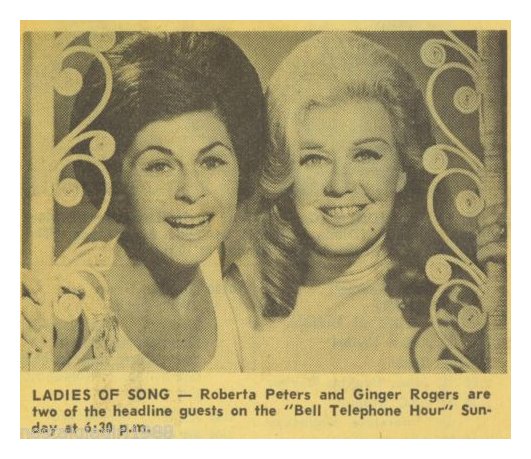 RP: No. I wouldn’t do anything like that.
I used to do some of the summer operettas and shows, and I was offered Kiss Me Kate, but I would never do that.
It’s a beautiful show, but it is a lot of screaming and running and doing
all that kind of thing. That’s not for me. I’ve done King and I and The Sound of Music and Merry Widow. Those are the things
I can do. That’s another thing. You have to know the works, and
if you don’t know, then you have to get good advice from somebody else who
knows what’s right for you.
RP: No. I wouldn’t do anything like that.
I used to do some of the summer operettas and shows, and I was offered Kiss Me Kate, but I would never do that.
It’s a beautiful show, but it is a lot of screaming and running and doing
all that kind of thing. That’s not for me. I’ve done King and I and The Sound of Music and Merry Widow. Those are the things
I can do. That’s another thing. You have to know the works, and
if you don’t know, then you have to get good advice from somebody else who
knows what’s right for you.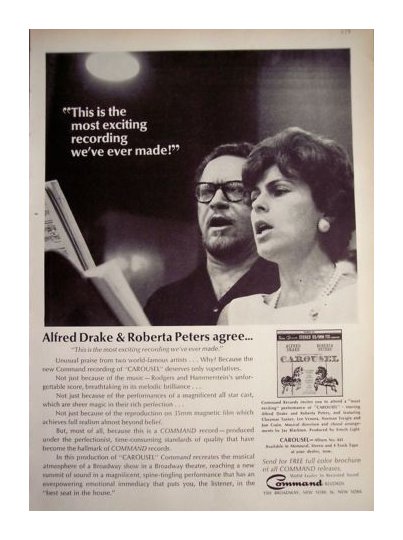 BD: But that comes more out of the operatic tradition.
BD: But that comes more out of the operatic tradition.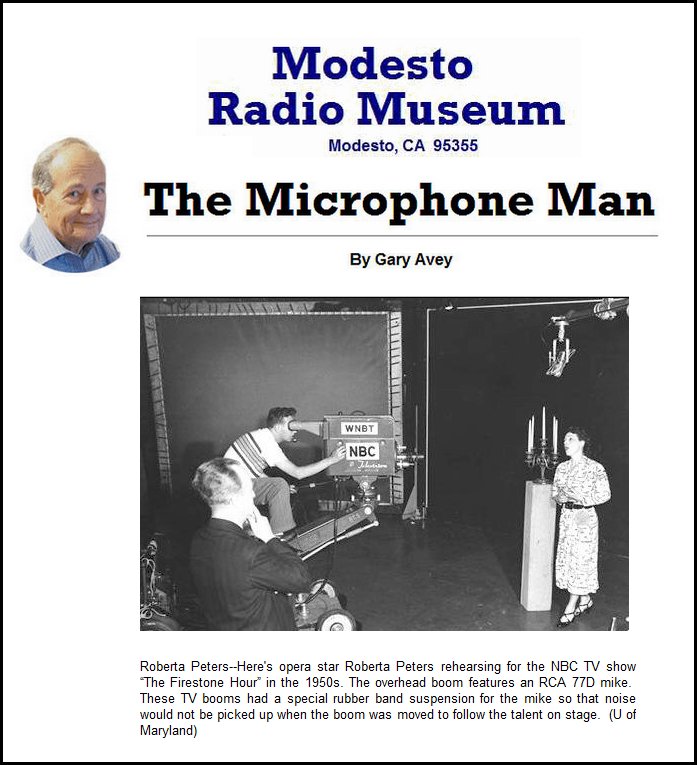 RP: Yes, I think you do.
RP: Yes, I think you do.